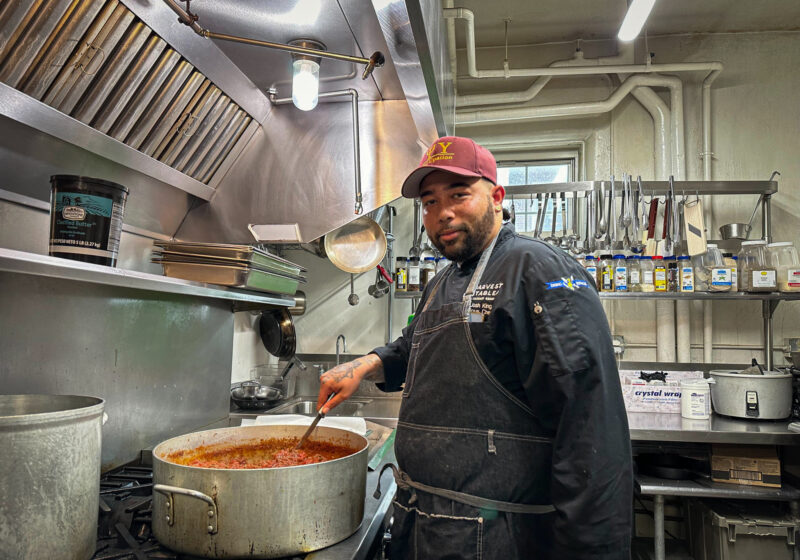When you experience something eventful, beautiful, funny, or strange, a natural reaction is to take a picture of it. But the impulse isn’t to get the picture so much as to share it. It’s the fact that someone else will see what is happening to you. It’s knowing the picture will be on Instagram, Facebook, Snapchat, or Twitter for everyone to see. If a family goes to the beach on vacation or takes a trip, or if friends spend a day together, what once resulted in dusty, flicked-through pages of a photo album on a coffee table is now framed on a virtual wall, processed as quick as a touch. While the former would have been seen solely by close friends and family, the latter is shown to every acquaintance and is accessible at any time. Photographs today represent more than just a memory. Photographs today represent what we want people to see.
When Kodak revolutionized the camera by making it available to the general public, the novelty of taking a picture was enough to make the technology exciting. “You press the button, we do the rest.” Kodakery captivated the average family. Eventually, it became easier and easier to develop photos, and then the digital camera stepped in and changed the industry once more, adding a different element to the process of collecting images. Now, images could be stored in more than just boxes and scrapbooks. They could be shown to people instantly.
The difference between then and now is that people share those photos with more than just close friends and family. They share them with everyone in their lives, and the process of taking photos has yet again been affected by the medium through which people experience these photos.
Maybe this change occurred simply because it was possible. The technology became available, so it was used. People would certainly have shared all of their moments with everyone a long time ago if that had been a possibility. But awareness of experiences is shadowed by cameras on cell phones. GoPros let us record adventures without damaging the device or inconveniencing ourselves. Social media changes what people value, where people allocate their thoughts. Pictures have replaced journals as our records of everyday life. Shared images have replaced private words.
Granted, not everyone is wandering around like a mindless blob, blinded by their technology and without a care for the world around them. And sometimes sharing photos is artistic, self-expressive. But it’s easy to forget to pause; to experience a moment for what it is; to hold it somewhere the entire freshman hall can’t see and let it linger in a thought bubble that exceeds 140 characters. At the frat parties, the hiking trips, the movie nights, the foreign travels, the rooftop escapades, and the downtown adventures, it might be nice to turn off your phone and forget that there are other people out there. It’s like Ferris said: “Life moves pretty fast. If you don’t stop and look around once in a while, you might miss it.”



